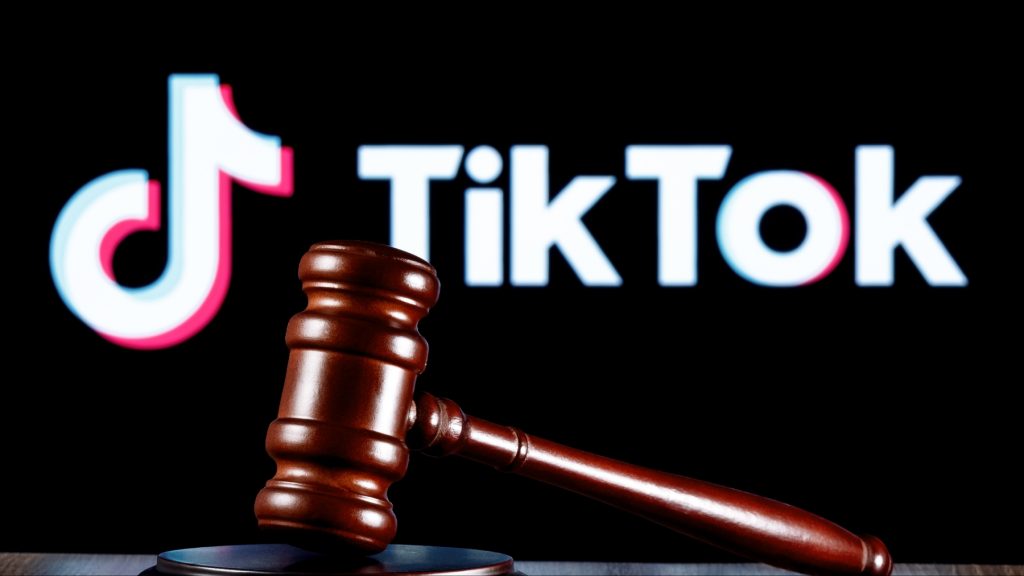
The U.S. Justice Department (DoJ) has expressed worries that TikTok, under its current Chinese ownership, could secretly influence this year’s American elections.
In a recent court filing, prosecutors suggested that TikTok’s algorithm could be used in a “secret manipulation” campaign to sway public opinion for foreign interests.
“Allowing the Chinese government to use TikTok during critical times presents an unacceptable threat to national security,” prosecutors stated, arguing that if China deemed a particular American election crucial, it could exploit TikTok to interfere in the political process.
The filing was in response to a lawsuit TikTok filed against the U.S. government in May, to block a law that could eventually ban the app nationwide. President Joe Biden signed the law in April to force ByteDance-owned company to find a new owner for its American operation by mid-January 2025 or face irreversible nationwide ban.
The filing was in response to a lawsuit TikTok filed against the US government in May, which aimed to block a law that could eventually ban the app nationwide. President Joe Biden signed in April the law is to force TikTok to find a new owner by mid-January 2025 or be banned.
The result could determine whether U.S. security concerns over TikTok’s connections to China can ever take precedence over First Amendment rights of its 170 million American users.
First Amendment Debate
TikTok and its parent company, ByteDance, Chinese ownership, argue that the law infringes on free speech rights, claiming it unjustly targets a single platform and denies Americans access to a global online community.
“For the first time in history,” TikTok’s attorneys wrote, “Congress has enacted a law that subjects a single, named speech platform to a permanent, nationwide ban.”
For years, the U.S. government has expressed concerns that the link between TikTok and China may leak the personal data of American users. The DoJ explains it is the twisting of the First Amendment by TikTok, adding that such statute deals with matters of national security, not suppression of speech. DoJ also argue that ByteDance might sell TikTok to an American firm that can be allowed to function in the U.S.
Senior Justice officials have raised alarms about China’s potential to “weaponize technology” and force companies to share sensitive data. Deputy Attorney General Lisa Monaco previously warned, “Any company doing business in China is subject to Chinese national security laws, which requires turning over data to the state.”
The Justice Department filing zeroes in on the enormous amount of sensitive data harvested by TikTok from its American users, locations, video-viewing habits, and private messages. It collected this not only from customers but also from people in their contact lists who aren’t using the app, making the situation still more worrisome with regard to privacy.
According to prosecutors, “can be manually manipulated, and its location in China would permit the Chinese government to covertly control the algorithm — and thus secretly shape the content that American users receive — for its own malign purposes.”
Final Thoughts
The lawsuits can very well lead to a landmark decision on how the government will balance national security concerns with free speech rights as current and upcoming generations will start relying more and more on social media for news. As this litigation continues, the future prospects for Chinese ownership, TikTok are quite uncertain in the United States.
This case will therefore have implications on even wider discourse relating to technology and privacy worldwide. Flags that are to be raised out of this case will be on the risks of foreign influence through such popular apps, and how better safeguards on user data may prevent unauthorized access.
Inside Telecom provides you with an extensive list of content covering all aspects of the tech industry. Keep an eye on our Tech sections to stay informed and up-to-date with our daily articles.